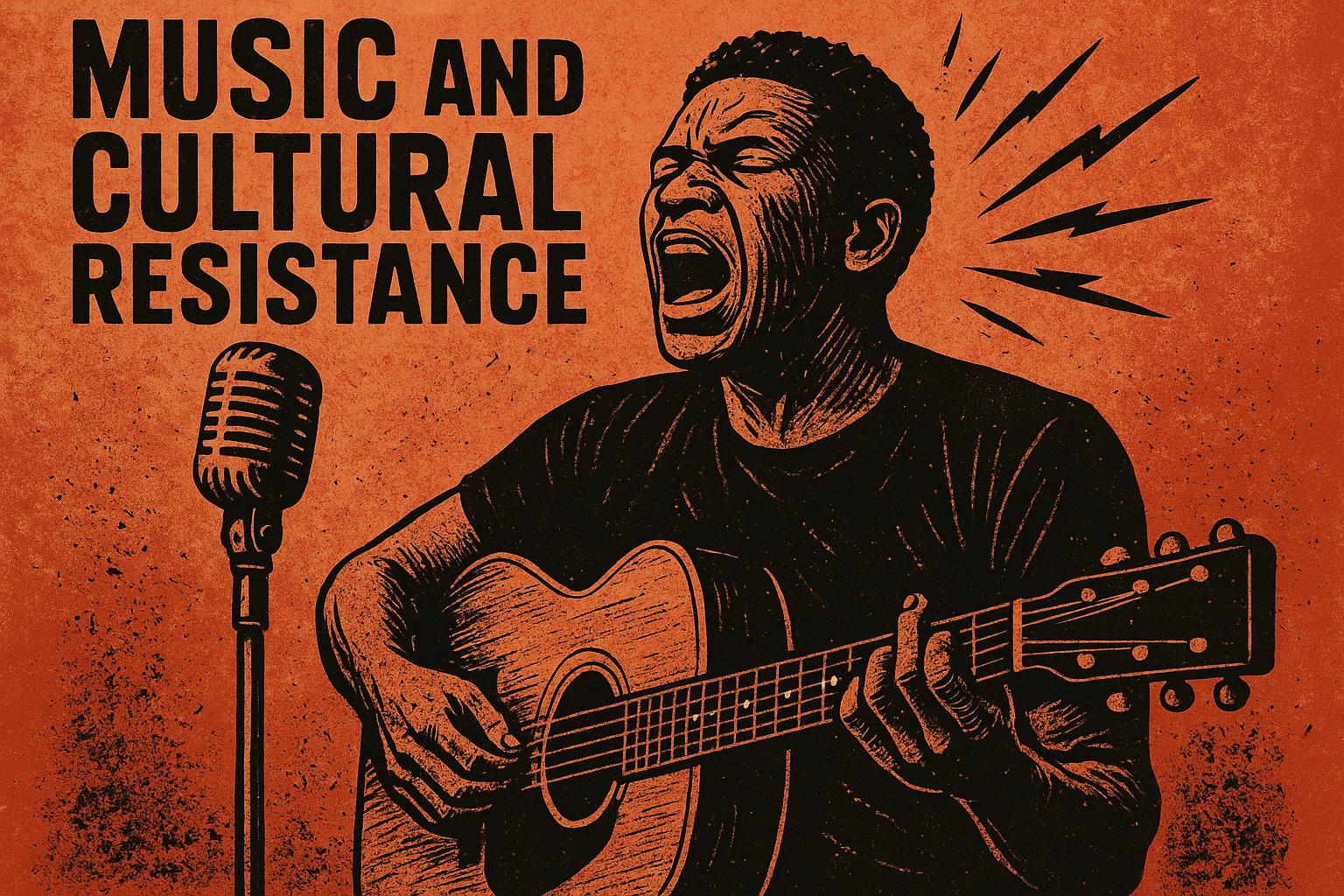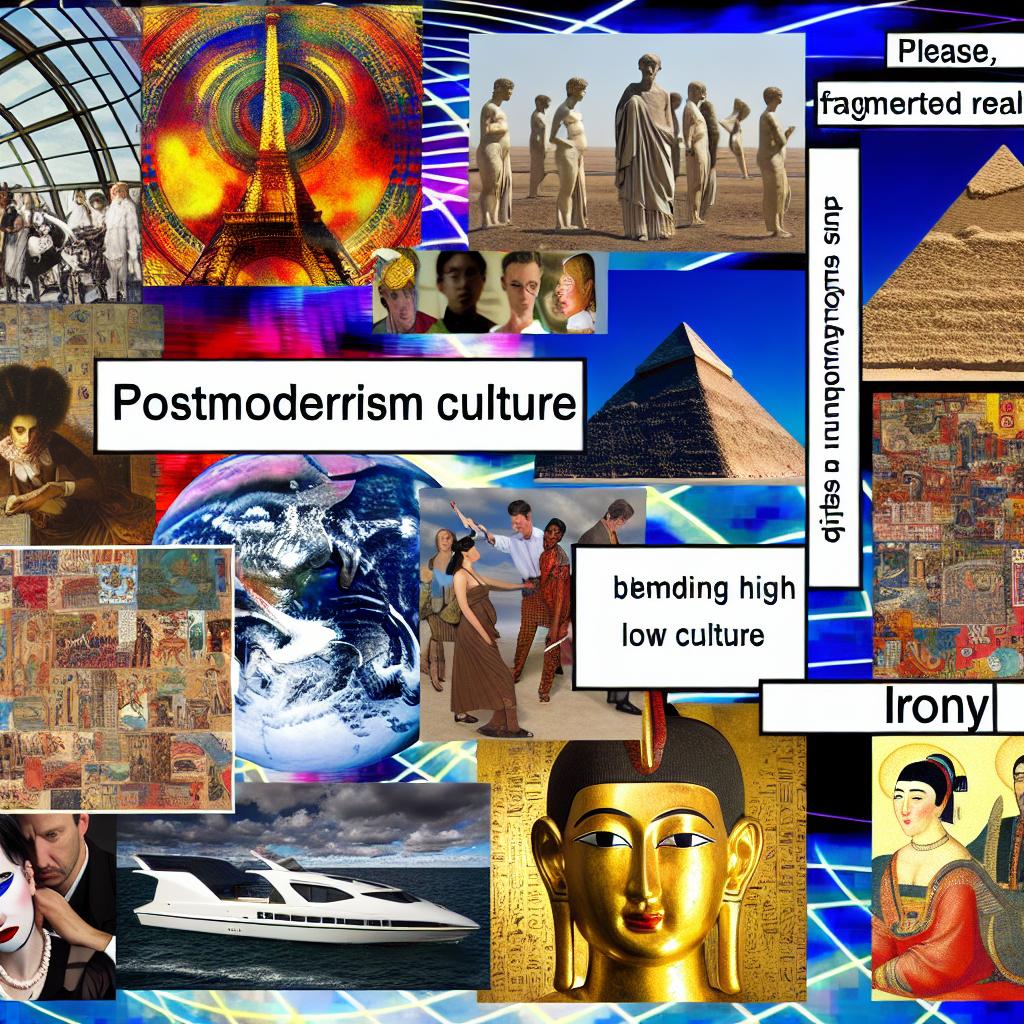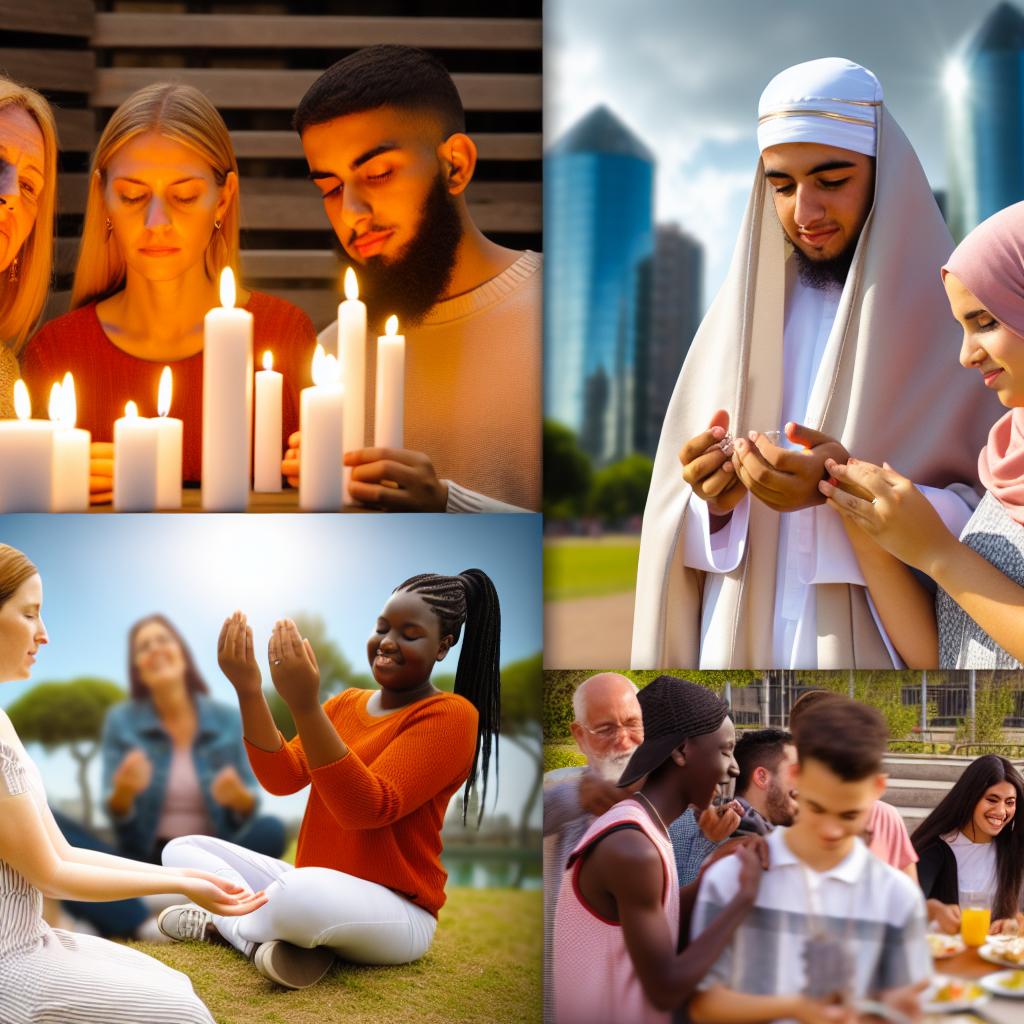Introduction to Music and Cultural Resistance
Music has long been an essential tool for cultural expression and has played a pivotal role in resisting oppression and fostering social change. Throughout history, various music forms have emerged as powerful mediums for marginalized communities to assert their identities, voice dissent, and challenge societal norms. This article delves into how music serves as a form of cultural resistance across different contexts.
Historical Context of Music as Resistance
Music’s role as a tool for resistance can be traced back to numerous historical events. During periods of colonial rule, enslaved peoples used music to preserve their cultural heritage and resist assimilation. For example, spirituals sung by African slaves in America contained coded messages and served as a subtle form of rebellion against the oppressive conditions of slavery. The songs often carried double meanings, acting as both expressions of religious faith and as covert communications about escape plans and other acts of defiance against the system that bound them.
Similarly, folk music in countries like Ireland and Poland has often been used to express resistance against colonial powers and oppressive regimes. These musical traditions have helped maintain national identities and have acted as rallying cries for social and political movements. In Ireland, folk songs preserved the Gaelic language and told stories of local heroes who fought against British rule. In Poland, music maintained Polish identity during times when the country was partitioned and lacked political sovereignty. These musical forms served to unite people under a common cultural heritage, resisting cultural erasure and promoting a sense of community and shared purpose.
Music in 20th Century Social Movements
The 20th century witnessed the prominent use of music in various social movements. In the United States, the civil rights movement of the 1960s saw the rise of protest songs that galvanized support and spread the message of equality. Songs like “We Shall Overcome” became anthems for change and solidarity. These protest songs often highlighted the injustice and inequality faced by African Americans and inspired action towards civil rights reforms.
In South Africa, during the apartheid era, musicians such as Miriam Makeba and Hugh Masekela used their art to challenge racial segregation and advocate for justice. Their music transcended racial barriers and resonated with global audiences, highlighting the universality of the struggle for equality. Songs performed in native languages or with traditional African rhythms provided a poignant reminder of the rich cultural heritage being suppressed by apartheid policies. These musicians not only raised international awareness but also fostered internal unity and resistance through their art.
In Latin America, music played a significant role in revolutionary movements and resistance to authoritarian regimes. Folk music, or “Nueva Canción,” became a vehicle for social commentary and cultural preservation. Artists like Violeta Parra and Victor Jara used their work to address issues of social justice and political struggle, creating a soundtrack for resistance throughout the continent.
Contemporary Usage of Music for Resistance
In today’s global landscape, artists continue to use music as a vehicle for cultural resistance and advocacy. From hip-hop in the United States to reggae in Jamaica, musical genres often reflect the socio-political realities of their creators and audiences. By addressing contemporary issues such as systemic racism, economic inequality, and political corruption, music remains a critical medium for reflecting and catalyzing social change.
Hip-hop, for instance, emerged from the marginalized communities of the Bronx in the 1970s and has since become a global phenomenon. It serves as a powerful voice for underrepresented populations, addressing issues such as poverty, violence, and systemic injustice. Although hip-hop initially focused on the struggles faced by African Americans in urban settings, it has since evolved to encompass concerns of marginalized groups around the world, from Brazil’s favelas to France’s banlieues. Its beats and lyrics provide an outlet for anger and frustration, while also offering hope and a sense of solidarity among disenfranchised individuals across the globe.
In the Middle East, musicians have used their craft to resist authoritarian regimes and advocate for democratic reforms. During the Arab Spring, songs served both as a catalyst and a reflection of the revolutionary fervor sweeping through the region. Artists like Emel Mathlouthi in Tunisia and Ramy Essam in Egypt became symbols of the movement, using their voices to demand change and inspire their fellow citizens. Their music has documented the remarkable courage of those who stood up against oppression and has maintained the spirit of resistance even as political challenges continue.
Reggae, with its roots in the socio-political struggles of Jamaica, has also emerged as a powerful form of cultural resistance. Artists like Bob Marley used reggae to tackle issues like poverty, racism, and colonialism, making it a global symbol of unity and resistance. Today, reggae continues to influence movements worldwide, promoting peace, justice, and human rights.
Conclusion: The Enduring Legacy of Music as Resistance
Music’s ability to transcend linguistic and cultural barriers makes it an effective form of cultural resistance. It allows individuals and communities to assert their identities, challenge injustices, and inspire social change. As a universal language, music continues to play a crucial role in the global struggle for equality and justice. While musical styles and contexts may evolve, the fundamental role of music in resisting oppression remains enduringly relevant. From the spirituals that inspired hope on the plantations to the contemporary anthems of resistance echoing through the streets of the world, music as a tool for cultural resistance endures. It provides a means of communication and connection, fostering understanding and solidarity among people seeking a more just and equitable society. As long as there is a struggle for human rights and dignity, music will remain a vital instrument in the fight against oppression, continuously adapting to address the ever-changing landscapes of resistance.



